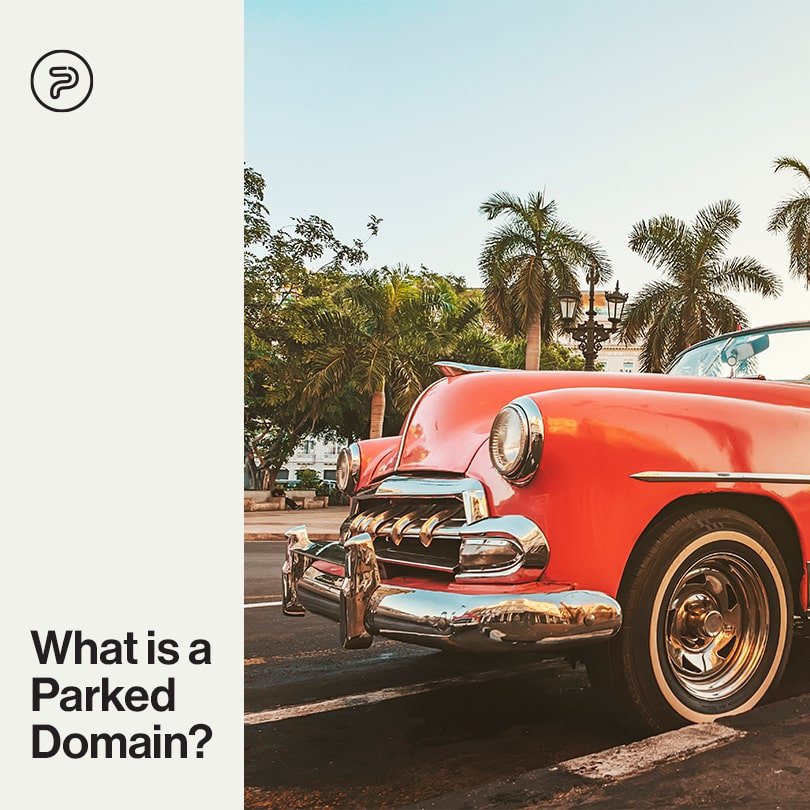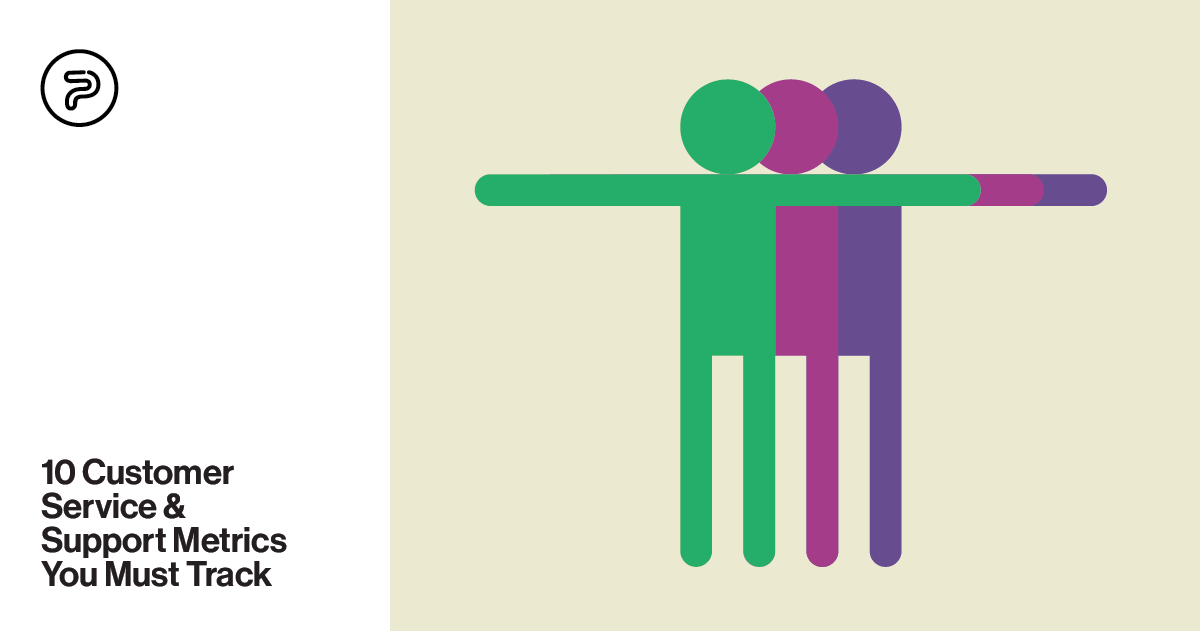If you haven’t built or owned a website yet, you might be surprised that even the most seasoned developers, designers, and site owners oftentimes cite that the most nerve-wracking step of building a site is securing a domain name.
And in a way, it can actually make perfect sense. Your domain is a huge part of your online identity and it should be intact with your entire branding philosophy and entrepreneurial message as closely as can be.
All this may sound like a simple task, but in reality, securing a good domain, and coming across one isn’t necessarily a walk in the park. If you see one, you’ll pretty much have to pull the trigger on it right away or they’re gone forever. Of course, you can get the same one later for an inflated price or you can haggle for it, but that’s another story.
From this perspective, it might even make sense to buy a fitting domain name even if you don’t have a site to connect it to at the moment. If you choose to take that route, you will become a proud owner of a parked domain.
As you might be already able to tell, in this article we will discuss everything there’s to know about parked domains and about their advantages both for greenhorn and veteran site owners/admins alike.
About Parked Domains
As hinted above, a parked domain is basically a registered domain name that’s not connected to any kind of online service, like email hosting or a site. A parked domain is a purchased domain name that’s not being used at the moment but reserved (“parked”) for future use.
In most cases, these domain names point to a “parked domain” page, and ads page a “but this domain” page or nothing at all. When the latter happens, you will usually see a browser error. In cases, when the parked domain sends the visitors to a more primary domain name, the parked domain is an “alias domain” for the primary domain.
What’s the Big Deal about Parked Domains?
When taking a closer look at it, a parked domain is just a domain that you don’t use. If that’s the case, what’s the point of owning one? Well, there are several advantages to having a parked domain.
These are:
Protecting a Domain Name
Nowadays, coming across a fitting domain name is rather difficult. In most cases, you will find that the top choice that you’ve chosen to secure for yourself is already taken, and getting your hands on it means you will have to dig into your pocket and dig deep.
Because of this, there are lots of site owners who will buy a domain in the earliest stages of starting a new business way before even starting to build a website. They do this to take the domain off the market, especially if they’ve managed to find a good domain name that will be right there when the development process commences.
To Sell It
Having a good domain name parked can make money in more than one way. Domains have become a sought-after commodity meaning that you can think about them as an investment. You purchase them at lower prices and sell them later on for a profit. You keep the domain parked, you just wait for the right time to throw it back in the market.
Sending the Users to the Same Website as a Primary Domain
We’ve also touched bases on this one before. Your parked domain can also serve as a secondary domain for your other, primary domain. In this case, your parked domain points to the primary domain’s IP address and serves the same site.
It’s not an uncommon practice for companies to have several of these parked domains with similar names as the primary domain as these aliases serve a purpose.
In essence, these parked domains help guide those who mistyped the primary domain or misremembered to correct addresses. In other cases, it can serve as a great promotional tool in marketing strategies and campaigns.
Lastly, these aliases can also protect against a phenomenon called cybersquatting, which is the process of buying domains that are more or fewer variants of a primary business domain and attempting to sell the domain back to the company. Apart from the obvious material losses, cybersquatting can also damage brand credibility as the “squatters” oftentimes do whatever they want with the domain until the business finally gives in and buys it back.
So, if you plan on buying several related domains at once, make sure to connect all of them to your site to reduce the chances of cybersquatting.

Keeping it Before Expiration
Even if you don’t want to keep your website active, you can still protect your domain until your ownership period runs its course.
Parking a Domain
In short, parking a domain is a rather simple task that’s pretty similar to the process of securing one.
As always, first, you need to check whether the desired domain is up for purchase. To pull this off, you just need to enter it in your browser. If there’s no website showing up, the name might be free or already parked.
To make sure, you can always use WHOIS lookup tools to make sure if the domain is free. Also, it can also help you to buy it from someone if that’s your plan.
Securing a domain name can be a rocky road if you don’t really know what to keep an eye out for (such as domain extensions, or visiting the domain registrar) so, it’s always a great idea to contact your professional web development services who can help you out if you get stuck.
However, once you’ve bought the domain, you are basically keeping it parked until you connect an email host or website to it. Also, it will remain parked until you renew your domain ownership.
Domain Parking Services
While parking a domain isn’t necessarily rocket science, keeping it parked can become an issue for some. Covering the costs of holding a parked domain, there are site owners who opt for domain parking services. These are simple services that most domain registrars even offer for free and may serve as a good way to make a bit of money off your parked domain. In most cases, the registrar sets up a page for your parked domain and uses it for ads. In the end, you split the potential earnings from the ads with your registrar.
While this service may seem rather convenient, it isn’t an option for every scenario. There are cases when the parking services manage to create an associative link between the displayed ads and your brand’s domain. This can be bothersome if someone thinks about the displayed ads even after launching your professional website. This can become a larger problem when you realize that you usually don’t have any say in how many or which ads will appear on the parked domain page. If you’re unlucky, the parking service might even damage your site reputation even before managing to generate one.
Even though this is rare, it’s something you need to take into consideration.
Parked Domains VS. Addon Domains
Before we conclude this post, there’s one more thing we feel you need to know about when it comes to parked domains. More precisely, the distinction between parked and addon domains.
You will see both of these options in your cPanel account and while they are rather similar, they still differ.
A parked domain is any given domain that you’re not linking to any unique web service or site. These parked domains may have no links at all or may serve as aliases for primary domains.
Addon domains, on the other hand, will show completely separate websites from other domains. You can simply add these domains via the cPanel and will let you control settings for multiple sites from the same control panel.
In a few words, parked domains are several domains for the same site while addon domains are several domains for different sites that you access from the same control panel.
To Park or Not to Park?
To be frank, there’s nothing extravagant or glamorous about parking a domain. Basically, they’re just registered domains that you’re not using. Even then, you can make them useful. With the right approach and tools, you can benefit from them. Let that be by reserving them before launching your website, sending traffic to them to catch a bit of extra misguided traffic, or investing in a good domain name.
Whatever your reason may be, if you come across or come up with a good domain name that’s currently available, pulling the trigger on it is a solid idea.
At the end of the day, it’s better to have a parked domain and no website than a great website (idea) that you can’t link anywhere.





